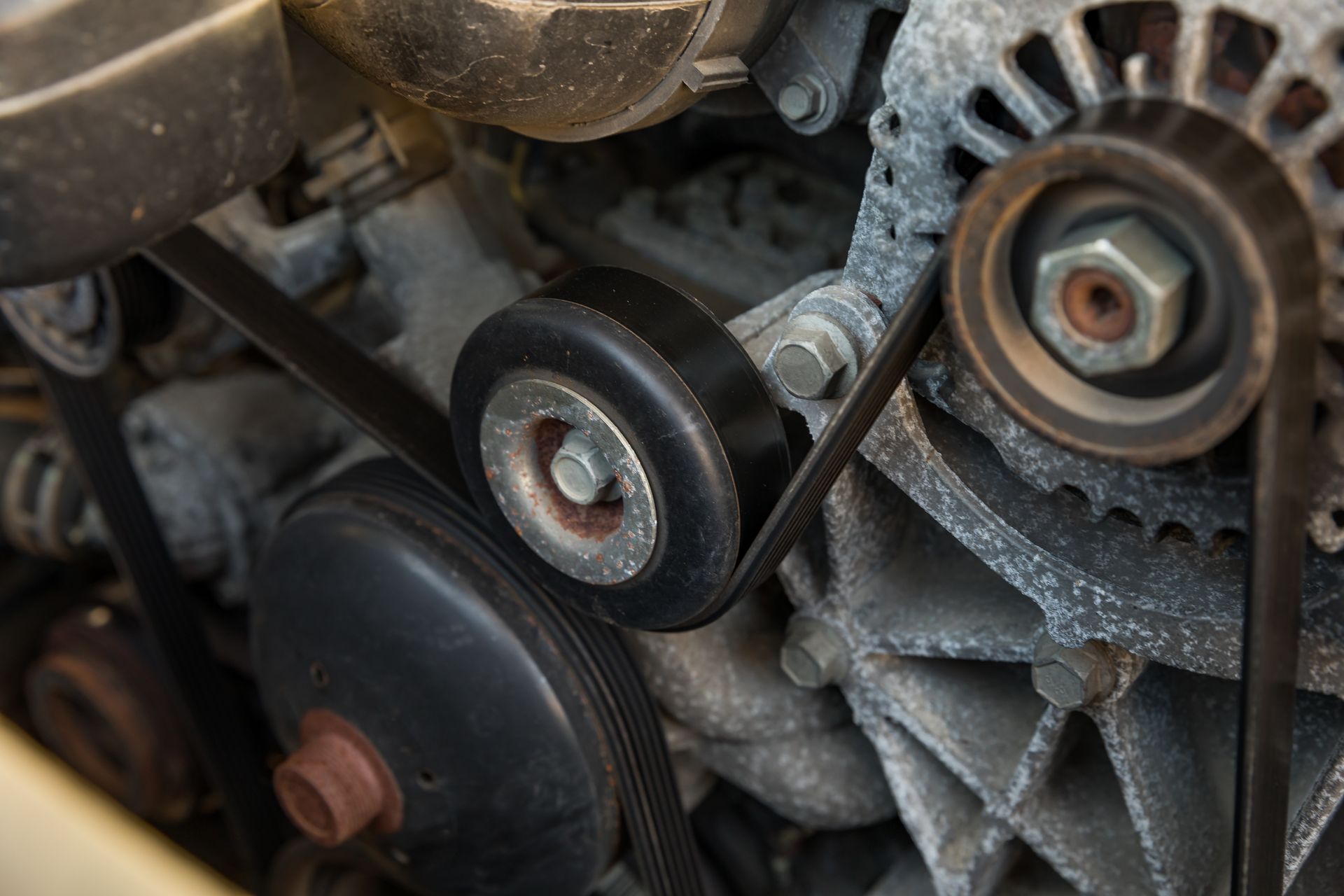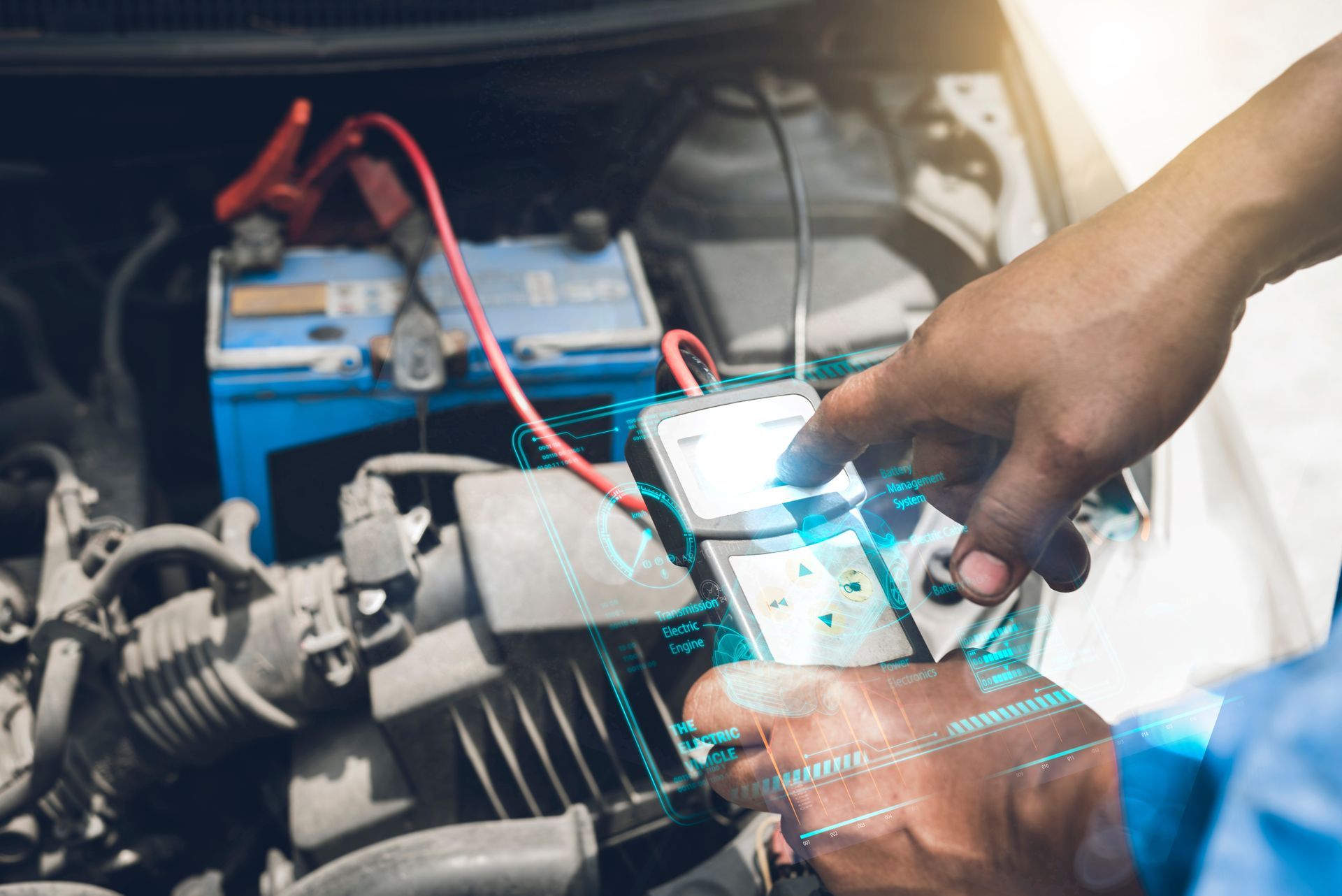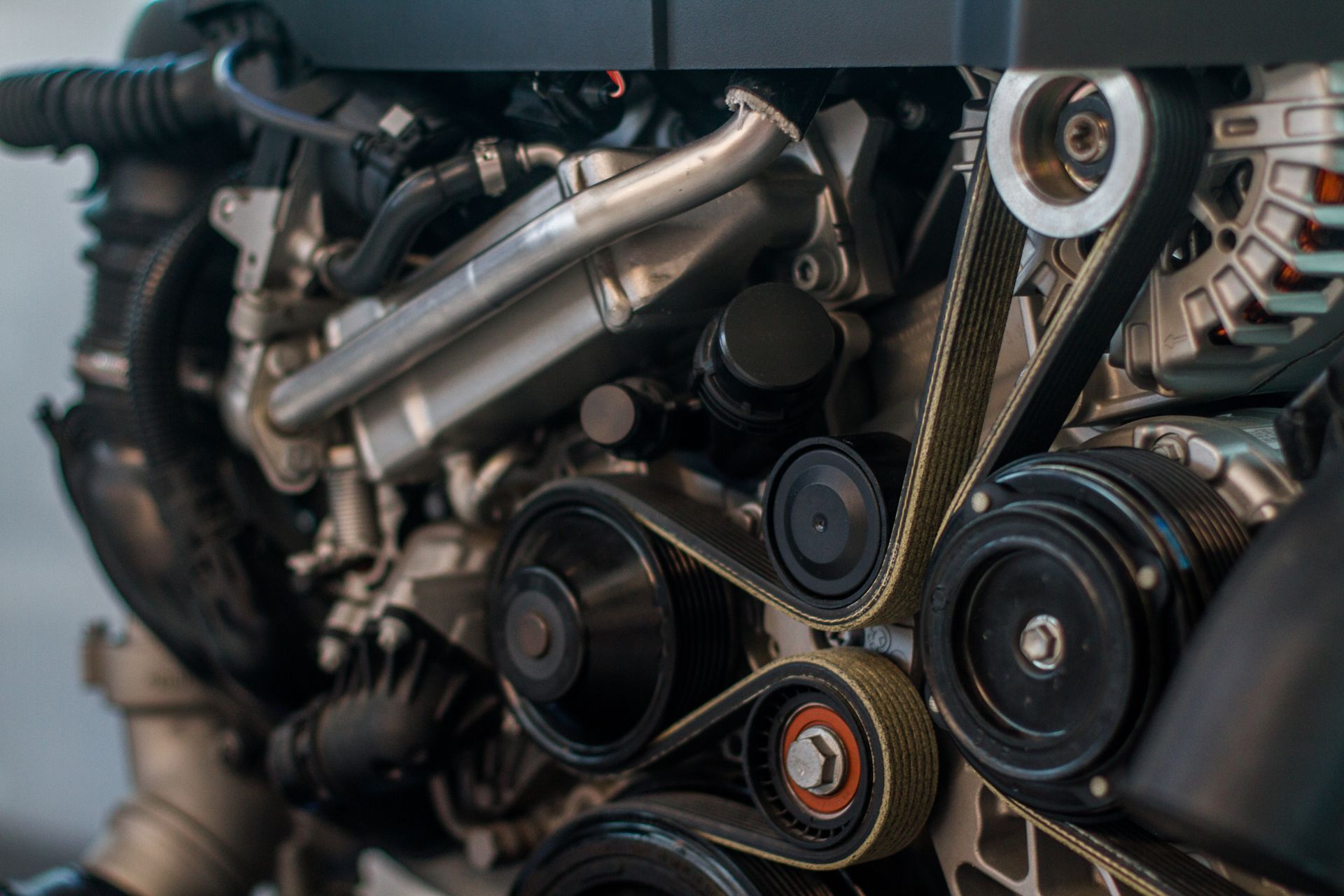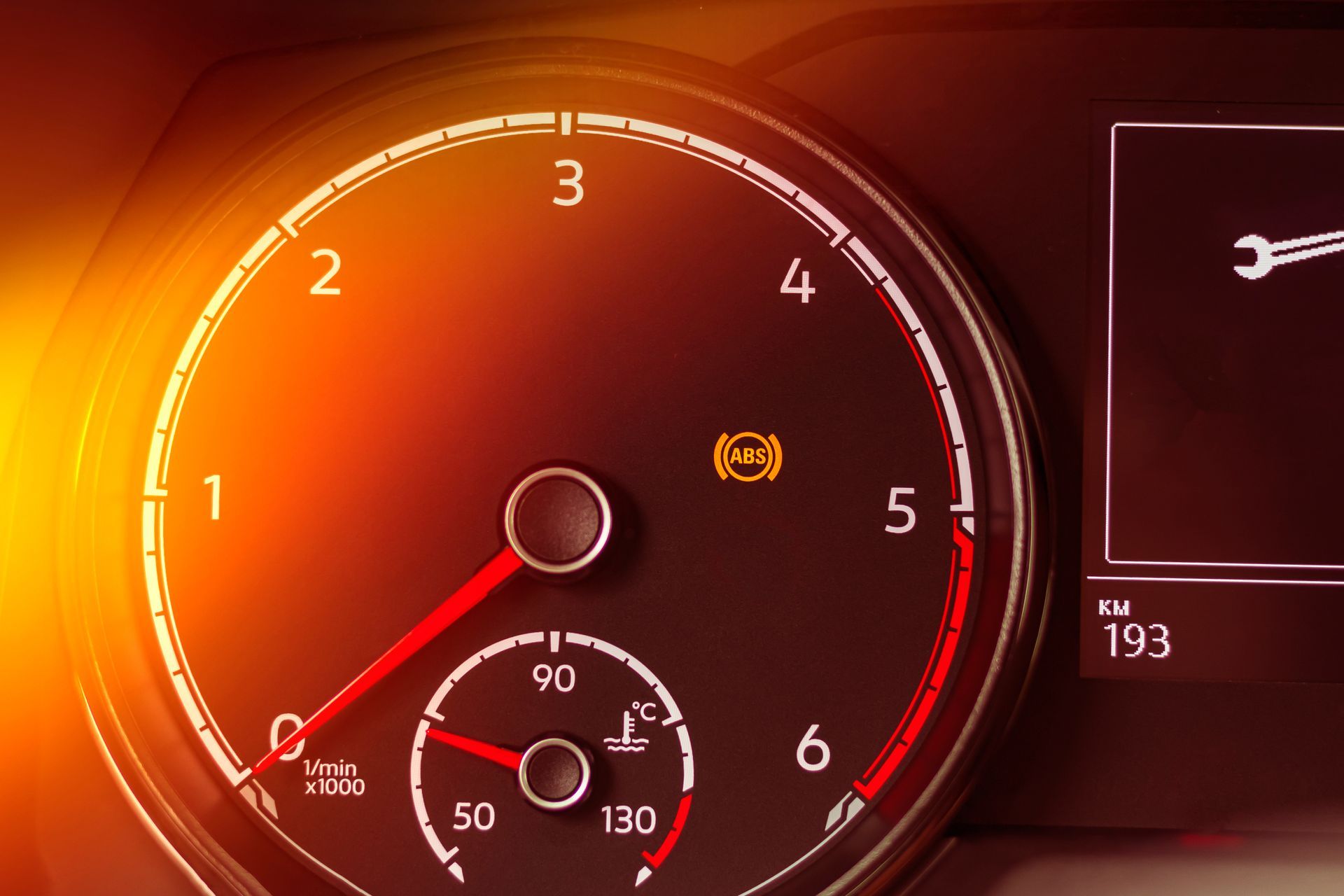Modern Audis come packed with advanced technology designed to enhance performance and safety, and one key system is the Tire Pressure Monitoring System (TPMS). This system alerts you when a tire’s pressure drops below a safe level, helping you avoid flats and maintain good handling. However, many Audi owners experience false TPMS warnings — the dreaded alert when your tires are actually fine. Understanding why this happens and how to handle it can save you time, stress, and unnecessary trips to the shop.
How TPMS Works in Audis
Audi vehicles typically use direct TPMS, which relies on sensors mounted inside each wheel to measure the exact air pressure in each tire. These sensors send real-time data to the car’s control unit, which alerts the driver if pressure drops below a preset threshold.
The system is designed to be precise, but it depends on sensitive electronics that can be affected by a range of factors.
Common Reasons for False TPMS Alerts
Temperature Changes
One of the most common reasons for sudden TPMS warnings is a change in temperature. Cold weather causes air to contract, lowering tire pressure overnight.
Even if your tires were properly inflated the day before, a chilly morning can temporarily trigger a warning. As you drive and the tires warm up, the warning may disappear.
Sensor Battery Failure
TPMS sensors have built-in batteries, usually lasting five to ten years. As these batteries weaken, sensors can malfunction and send inaccurate readings to the vehicle’s computer.
A dying sensor battery often requires replacing the entire sensor.
Radio Frequency Interference
The signals from TPMS sensors can sometimes be interrupted or distorted by strong radio frequencies, such as those from nearby construction equipment or large vehicles with powerful electronics.
When this happens, your car might misinterpret the data and generate a false alert.
Recent Tire Service or Rotation
After a tire rotation or replacement, if the sensors aren’t properly reset or relearned by the system, it can cause the car to misidentify which tire has a problem.
This miscommunication often leads to false alerts, even when all tires are properly inflated.
Sensor Damage
Rough roads, potholes, or improper handling during tire servicing can damage the delicate TPMS sensors inside the wheel. A damaged sensor might intermittently fail, causing an on-again, off-again warning.
The Importance of Proper Diagnosis
While it’s tempting to dismiss a TPMS warning as “just another false alarm,” it’s important to confirm that your tire pressures are correct first. Driving on underinflated tires is hazardous, as it affects handling, braking, and fuel economy.
If pressures are normal and the alert persists, a professional diagnostic check is necessary to determine whether a sensor is malfunctioning, has a battery issue, or requires reprogramming.
How to Handle a TPMS Warning
- Check pressures manually: Use a reliable tire pressure gauge to confirm each tire’s pressure matches the recommended levels in your Audi’s manual or door placard.
- Inspect for visible damage: Look for punctures, embedded nails, or sidewall bubbles.
- Reset the system: Some Audi models allow you to reset the TPMS system manually after verifying pressures.
If the light returns after resetting, it’s best to have the system inspected by a professional.
Preventing False Warnings
While you can’t prevent every false alert, you can reduce the chances by:
- Maintaining correct tire pressures year-round, adjusting for seasonal changes.
- Scheduling regular inspections to check TPMS sensors during tire service.
- Ensuring any tire work is done by technicians familiar with Audi TPMS systems.
Trust DAS Auto Werks in Tampa, FL
At DAS Auto Werks in Tampa, FL, we understand the frustration of dealing with false TPMS warnings. Our experienced technicians specialize in Audi vehicles and use advanced diagnostic tools to accurately identify and resolve TPMS issues.
Whether your warning light is caused by a failing sensor, low pressure, or a programming error, we’ll make sure your system works as it should, keeping you safe and stress-free on the road.
If you’re tired of chasing false alerts or need help with any other Audi service, schedule an appointment with us today and experience the expertise your car deserves.










